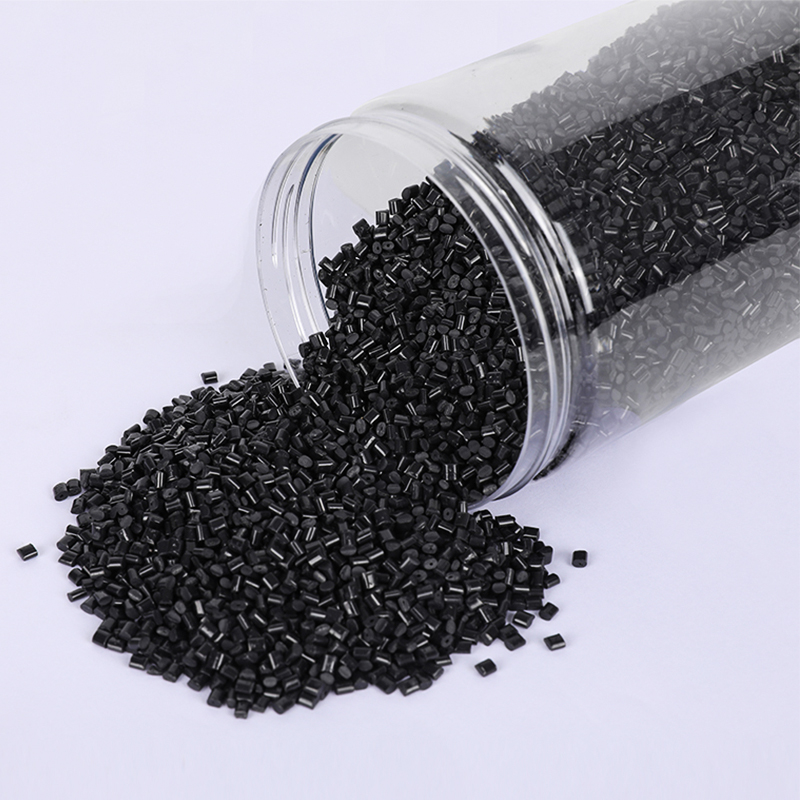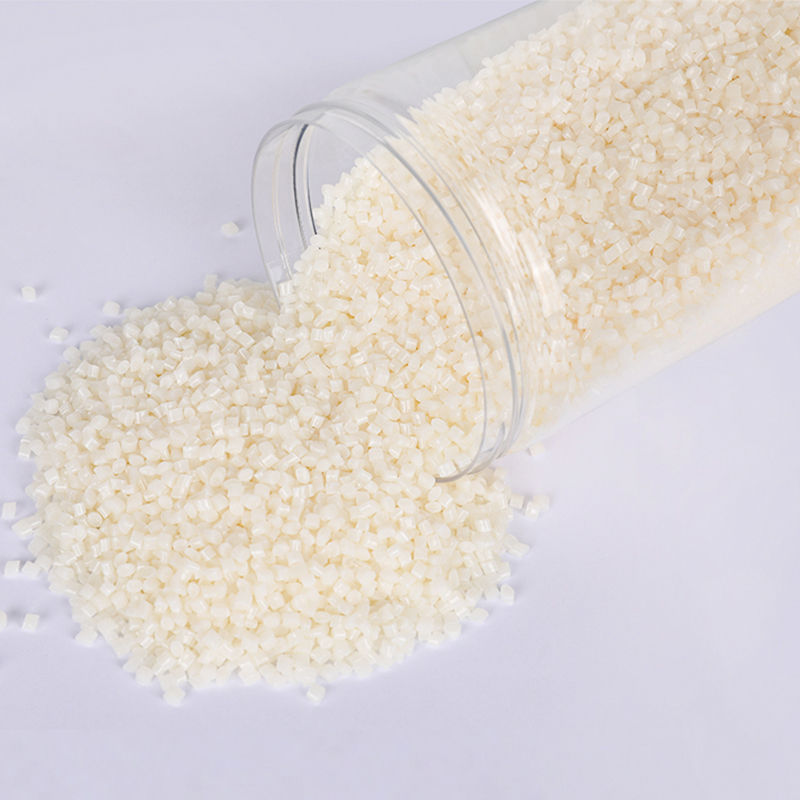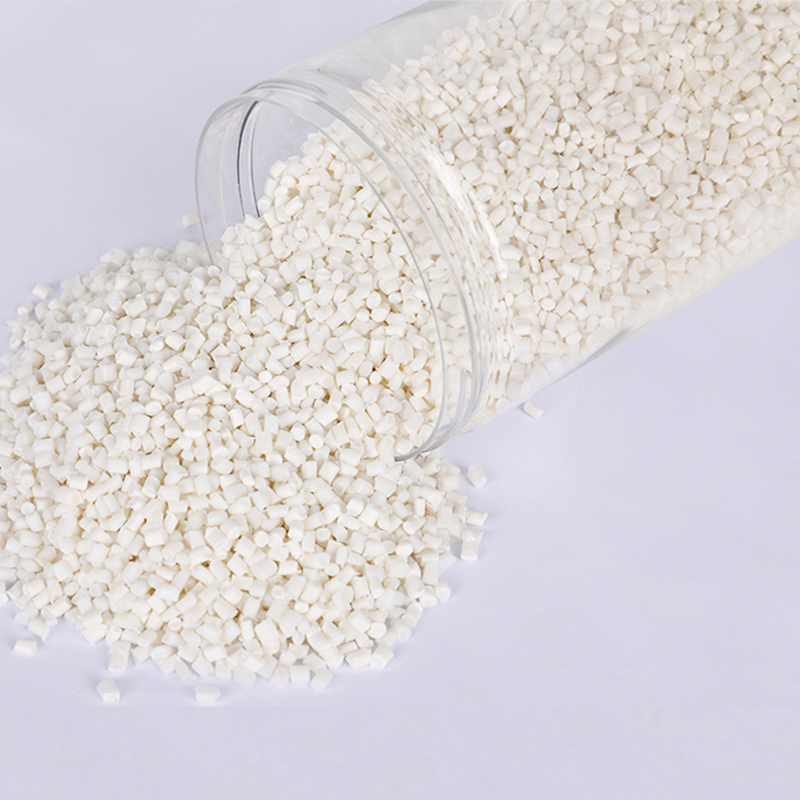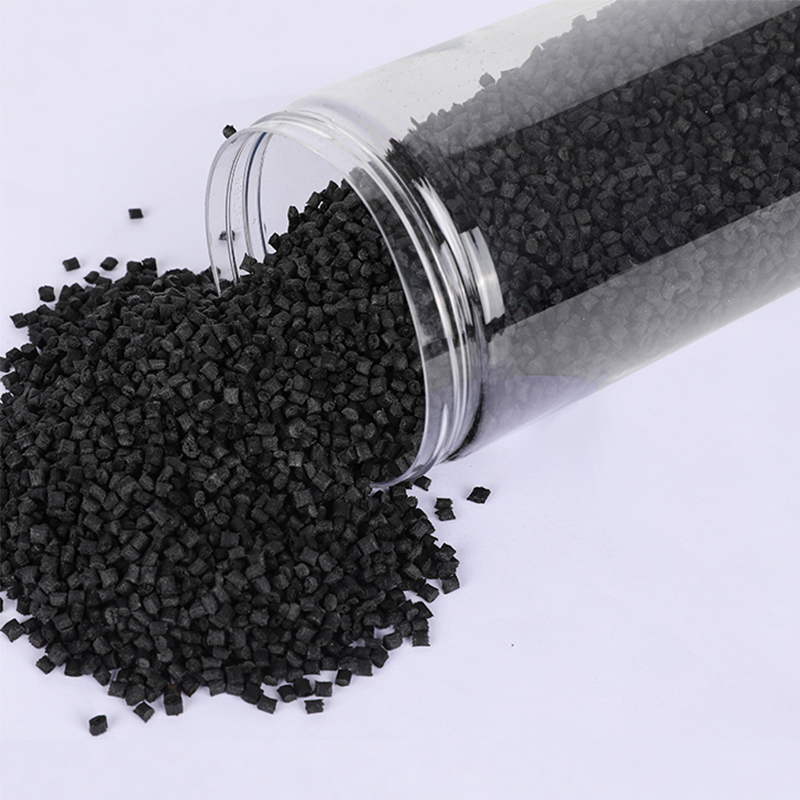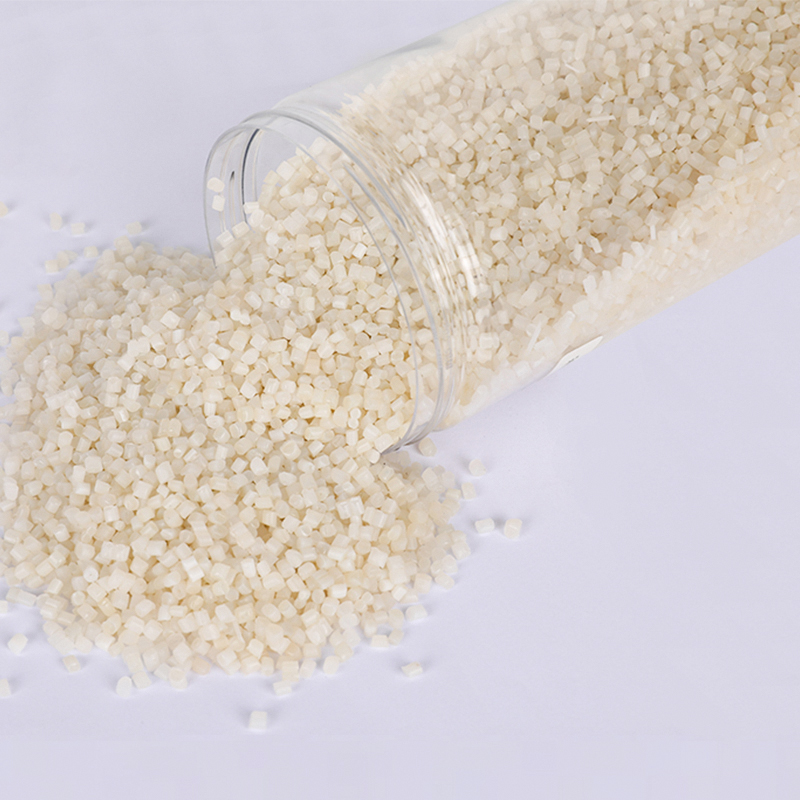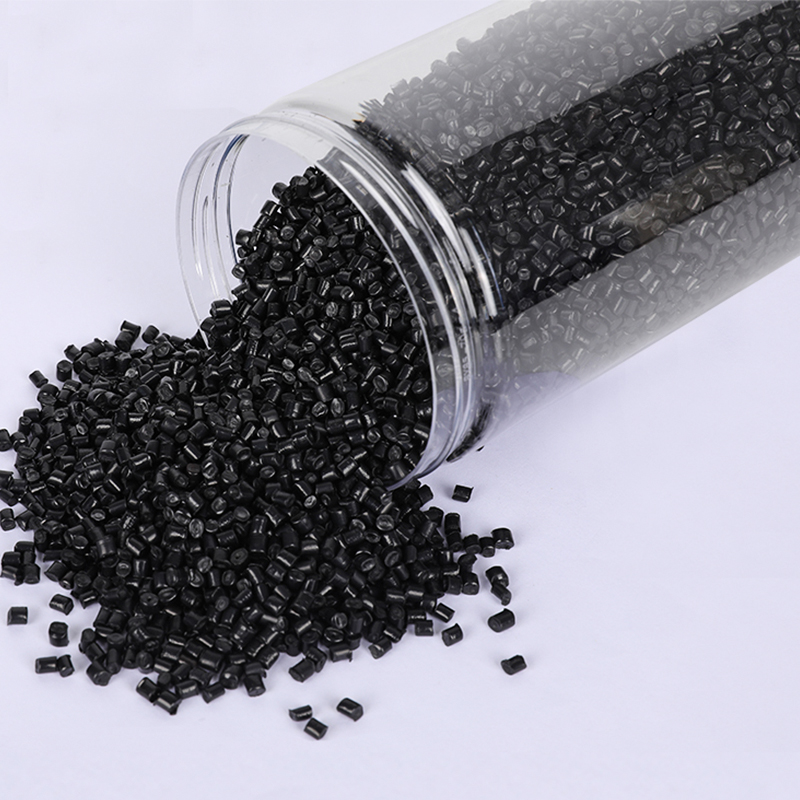Stay up to date with our recent products
Web Menu
Product Search
Exit Menu
Practical Uses of Recycled Polypropylene Across Key Industries and How It Adapts to Unique Demands
Recycled polypropylene has become a valuable material in industrial manufacturing, not just for its environmental benefits but for its adaptability across different application fields. While its base properties—chemical resistance, heat tolerance, and fatigue strength—are well known, the real value emerges when this material is engineered to meet the distinct requirements of various sectors. Its widespread adoption is not only driven by sustainability goals but also by its ability to deliver consistent performance when processed correctly.
In the automotive industry, recycled polypropylene is commonly used in non-structural components such as interior trims, battery housings, and wheel arch liners. These parts don’t just demand durability—they must also comply with strict dimensional tolerances, UV stability, and temperature resistance. To meet these standards, manufacturers often blend recycled material with virgin polypropylene or reinforce it with glass fibers. Impact modifiers and stabilizers are also added to maintain performance over the vehicle’s life cycle, ensuring that the end product is robust enough for long-term use.
Packaging, especially rigid consumer packaging, is another major area where recycled polypropylene is making inroads. However, food-grade applications come with additional layers of complexity. Only recycled PP that meets food contact safety standards—such as those defined by the U.S. FDA or the European EFSA—can be used for packaging that touches consumables. This requires highly controlled recycling streams, often limited to post-industrial sources or certified closed-loop systems, to ensure there’s no contamination risk. In non-food applications like household containers or industrial packaging, broader material grades are acceptable, giving manufacturers more flexibility.
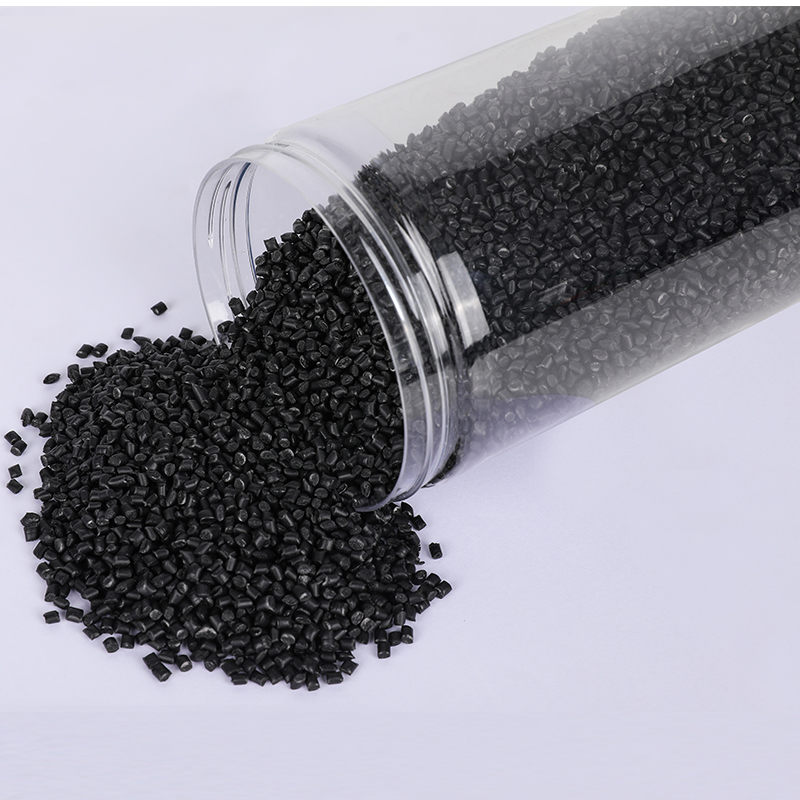
The textile industry has also embraced recycled PP, primarily in nonwoven fabrics used for items like hygiene products, carpets, and geotextiles. These applications benefit from polypropylene’s moisture resistance and softness when converted into fine fibers. However, maintaining fiber uniformity and strength can be a challenge when working with recycled input. This is typically addressed through filtration during reprocessing and through fiber spinning technology optimized for varying melt flow rates. Here, process consistency is key—an area where experienced suppliers play a critical role in delivering dependable product quality.
Construction and infrastructure sectors use recycled polypropylene in products such as piping, cable conduits, and lightweight panels. These products often require flame retardance, high mechanical strength, and resistance to environmental stress cracking. Achieving these properties involves precise compounding and, in some cases, co-extrusion with other materials. The advantage of using RPP here is twofold: it provides the necessary technical performance while helping contractors and developers meet green building certifications like LEED or BREEAM, offering both economic and regulatory value.
Medical applications remain limited for recycled polypropylene due to hygiene and traceability requirements, but it is still used in some non-critical components such as bed bases, instrument trays, and mobility aids. These uses demand consistent dimensions, biocompatibility, and low outgassing, often achievable with carefully selected post-industrial recycled content. For manufacturers serving this space, partnering with trusted RPP suppliers ensures the necessary material traceability and documentation, which is crucial for audits and quality assurance.
What stands out across these sectors is that recycled polypropylene is never a one-size-fits-all solution. Each application has its own set of challenges, from thermal stability to surface finish, and the material must be tailored accordingly. Manufacturers with experience in processing recycled polymers understand how to fine-tune blends, stabilize properties, and meet downstream fabrication requirements. That level of expertise is exactly what makes the difference between an acceptable product and one that performs reliably in real-world use.
For buyers looking to integrate recycled PP into their supply chain, working with a specialized supplier makes all the difference. Whether you're in packaging, automotive, or construction, the key is not just accessing recycled polypropylene, but ensuring it’s the right grade, properly processed, and ready to meet your specific production needs. That’s where we come in—not just as a source, but as a technical partner committed to delivering materials you can count on.
As China PCR Recycled Plastic Granules Factory, We always adhere to the experience and philosophy of "keeping up with the times, constantly innovating, developing efficiently, and cooperating for mutual benefit"

Address: No.11, Wangzhuang Section, Provincial Road 01, Daqiao New Area, Economic Development Zone, Haiyan County, Jiaxing City, Zhejiang Province, China
Phone: +86-18058285678
Fax: +86-0573-86868101
E-mail: [email protected]
SUNRISE GROUP(Overseas Exclusive Agent)
www.sunrisechemical.com
2024 ICIS Global Chemical Distributor Top 8
Export Sales Manager:Helen Zhang
Mob/Whatsapp: +86 19883063465
Email: [email protected]
Copyright © Jiaxing Anyiju Plastic Industry Co., Ltd. All Rights Reserved

 简体中文
简体中文 English
English

